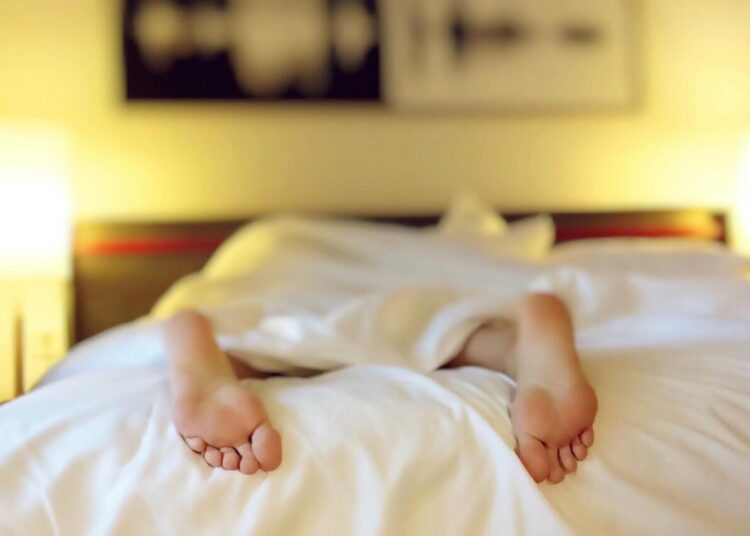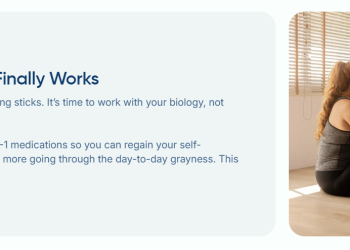Nocturia, the phenomenon of waking up in the middle of the night to urinate, has sparked various responses from readers, reflecting their personal experiences and offering valuable insights and suggestions on how to manage it.
One reader, a woman in her late 60s, expressed irritation and concern regarding the medicalization of nocturia. She pointed out that experiencing nocturia multiple times a night has been a lifelong norm for her, as it is for many individuals, especially as they age. She highlighted the potential risks of problematizing nocturia, such as dehydration and confusion in the elderly, as seen in the case of her nonagenarian neighbor.
Another reader emphasized the impact of motherhood on the prevalence of nighttime urination among women. She shared her own experience and observed that many mothers continue to experience frequent nighttime urination long after their children no longer require nighttime care.

Caffeine consumption emerged as a significant factor contributing to increased nocturia, as pointed out by a reader from Greater Manchester. He suggested reducing caffeine intake to alleviate nighttime urination, given that caffeine’s effects can persist in the body for up to 10 hours.
A critical piece of advice regarding the posture while urinating at night was offered by an emergency physician. He highlighted the risk of postural hypotension or increased vagal tone leading to fainting episodes, especially among men, and recommended sitting down to urinate to mitigate these risks.
One reader shared his personal struggle with frequent nighttime awakenings due to caring for his invalid wife and receiving treatment for an enlarged prostate. He expressed concern about the potential impact of interrupted sleep on his cognitive health but found reassurance in the article’s recommendations and his ability to compensate with daytime rest and physical activity.

In conclusion, understanding the various factors contributing to and managing nocturia is essential for individuals experiencing this phenomenon. By incorporating lifestyle adjustments such as moderating fluid intake, minimizing caffeine consumption, and adopting appropriate postures during urination, individuals can potentially alleviate nocturia’s disruptive effects on sleep and overall well-being.












Discussion about this post